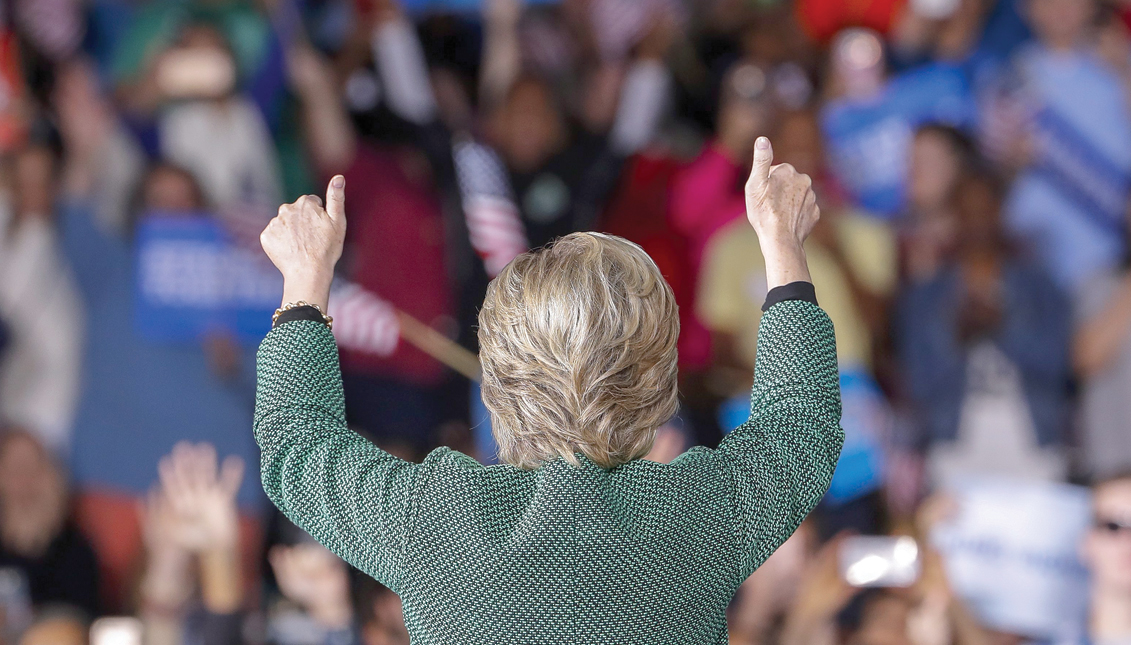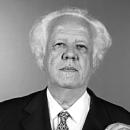
[OP-ED]: “Machismo” in U.S. Politics?
Listening to the 3 presidential debates that put face to face a natural advocate for female rights against a man accused multiple times of abusing women was quite an
MÁS EN ESTA SECCIÓN
Listening to the 3 presidential debates that put face to face a natural advocate for female rights against a man accused multiple times of abusing women was quite an experience.
As Latinos, it even made us smile at times.
We have been the ones accused of “Machismo”, the practice of “strong or aggressive masculine pride,” according to the Oxford Dictionary’s definition, a good description of one of the Presidential contenders, Mr. Donald Trump.
If Hillary makes it to the White House on November 8th, as all the predictions indicate, this is going to be the first time in the history of the nation that, in the midst of the most vicious attacks wielded against a female political leader by a male candidate, the commander in chief may actually be a woman.
However, it is in Latin America —to the supposedly backward South— where women has been allowed to achieve the top political office, way before it was even a thought in the U.S.
When Geraldine Ferraro was given the chance to be in the Presidential ticket in 1984, as the candidate for Vice-President of Walter Mondale, several women had already been elected to the top executive office in Latin America.
But it was in the 1990s when women elected President became a common repeated phenomenon in Latin America, from Nicaragua all the way to Argentina, for a total of almost a dozen cases in different nations, on a little remembered history unfolded over a period of 4 decades, and up to this date.
As if voters to the South seemed to be come to terms more easily with the idea of electing women to lead the way, ever since Evita Perón was buried as she were a head of State, not her husband, Juan Domingo Perón, whose second wife, Isabel Martínez de Perón, actually became president of Argentine upon his death.
Can we conclude from here that in the Latino culture there is a natural propensity to elect females to political office?
Or allowed them to serve at the head of the table— be in government offices, or in private companies, more often than it happens in the North?
Or in organizations in general, or in the most basic of the social organizations, the family, where the mother or the “abuela” become the towering figures?
A Latin American writer used to say that “machismo” in Latin America was the direct result of the fact that society was matriarchal in that part of the continent.
In the current presidential debate, this factual record was totally overlooked.
We wonder if it is the reason why almost NO serious outreach to Latinos has been done by any of the candidates for the highest office in the land, paradoxically when the numbers of Latinos registered to vote is the highest in the history of the nation.






DEJE UN COMENTARIO:
¡Únete a la discusión! Deja un comentario.